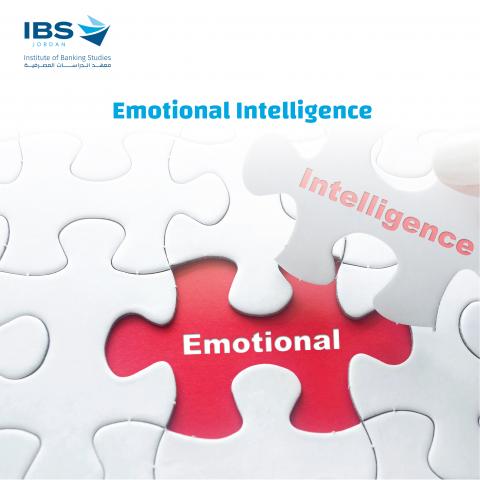
By the end of this training course, trainees will be able to :
- Develop a keen awareness of their own emotions and their impact on personal and professional performance, leading to improved decision-making and relationships.
- Recognize emotions in others, enhancing empathy and the ability to navigate social interactions effectively.
- Regulate their emotions to manage stress, increase resilience, and enhance overall performance and well-being.
- Effectively handle and inspire emotion in others, fostering positive relationships, leadership skills and team dynamics.
- Professionals at all levels within the organization who are looking. to enhance their emotional intelligence skills. Whether you are a team leader, manager, or individual contributor, this training will provide you with valuable insights and techniques to improve your emotional intelligence. The skills learned in this course are applicable across various corporate settings and industries, making it beneficial for anyone looking to develop their emotional intelligence for personal and professional growth within the corporate environment.
- Understanding Emotions and Emotional Intelligence:
- Introduction to Emotions and Behavior.
- Explore the influence of emotions on behavior through interactive activities and discussions.
- Definition and Components of Emotional Intelligence (EI).
- Define EI and its key components: self-awareness, self-regulation, motivation, empathy, and social skills.
- Importance of EI in Personal and Professional Life.
- Discuss the significance of EI in enhancing decision-making, relationships, and overall well-being.
- Developing Intrapersonal Skills:
- Self-Awareness.
- Utilize self-assessment tools and reflective exercises to enhance participants' understanding of their emotions and behaviors.
- Self-Management.
- Provide strategies for managing emotions effectively to manage stress, increase resilience, and enhance overall performance and well-being.
- Self-Motivation.
- Explore the relationship between EI and motivation, offering insights into cultivating a positive mindset and achieving personal goals.
- Enhancing Interpersonal Skills:
- Empathy in Relationships.
- Foster empathy and perspective-taking skills through experiential exercises and role-plays.
- Building and Maintaining Relationships.
- Offer practical tips for building rapport, resolving conflicts, and communicating effectively in personal and professional relationships.
- Tools Introduce practices to enhance emotional well-being.
- Introduce practices to enhance emotional well-being, such as mindfulness, breathing exercises, meditation, and journaling.
